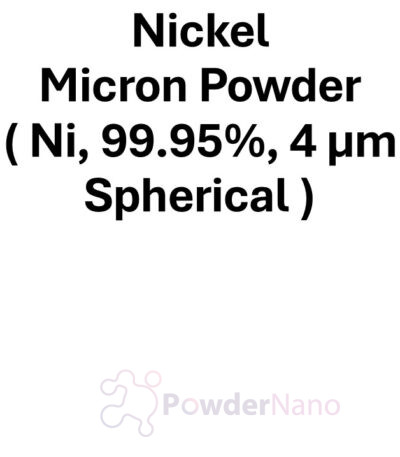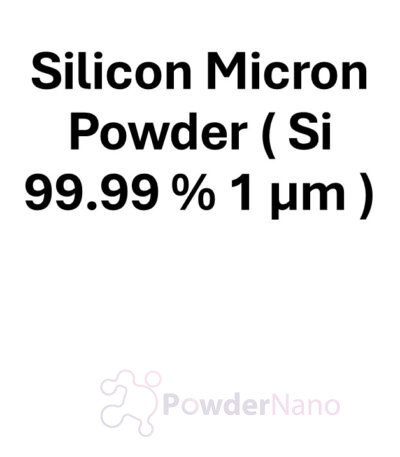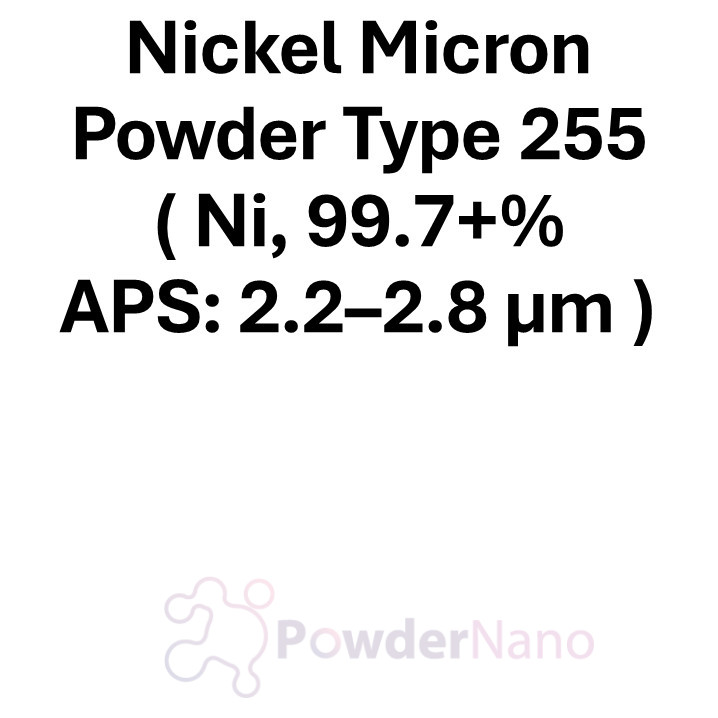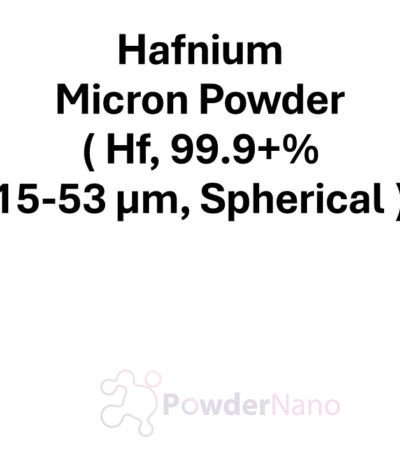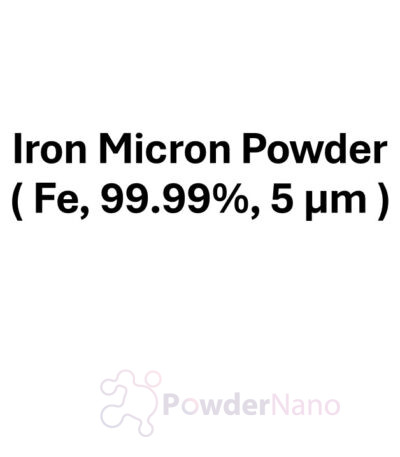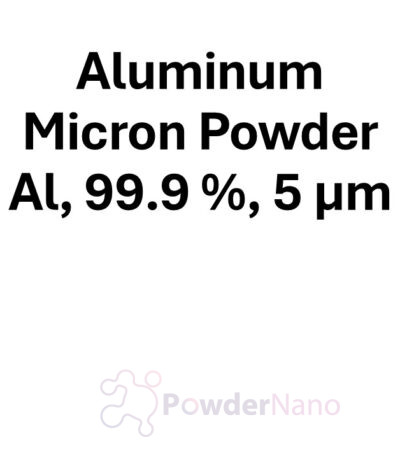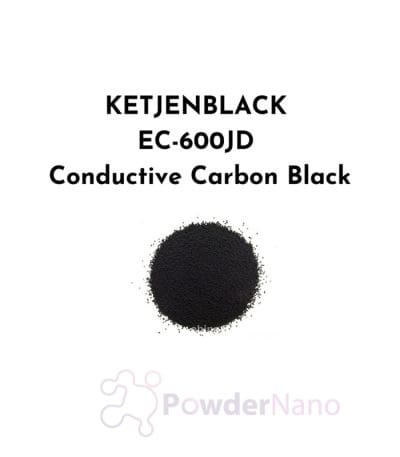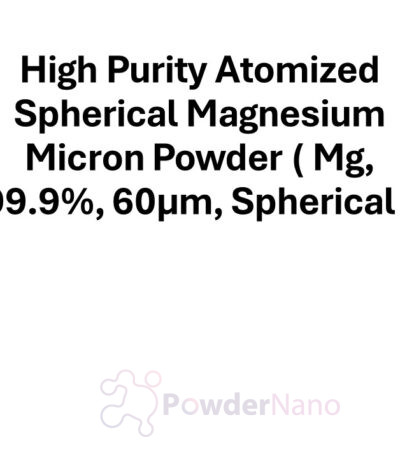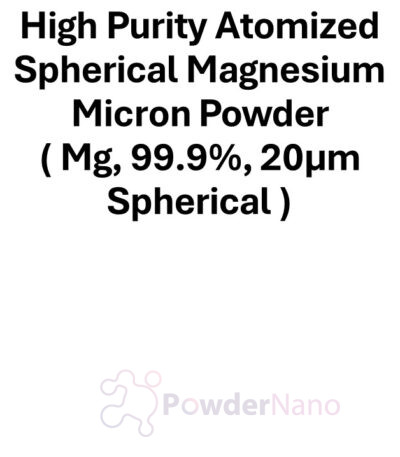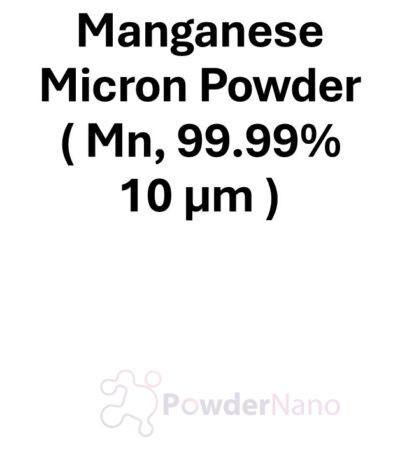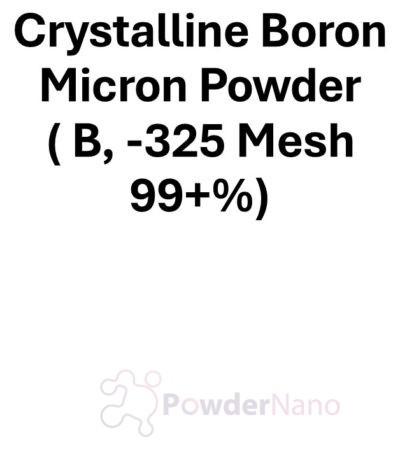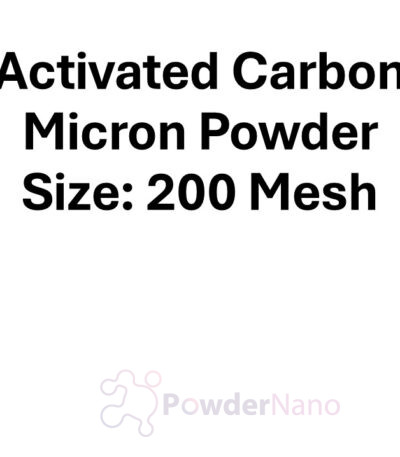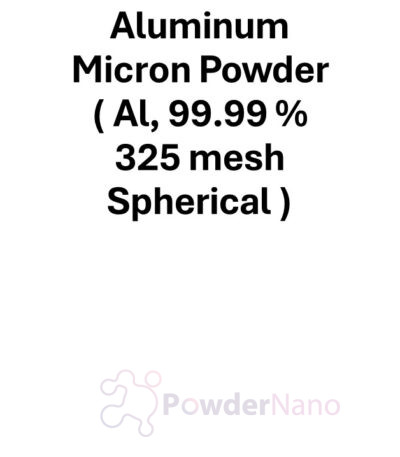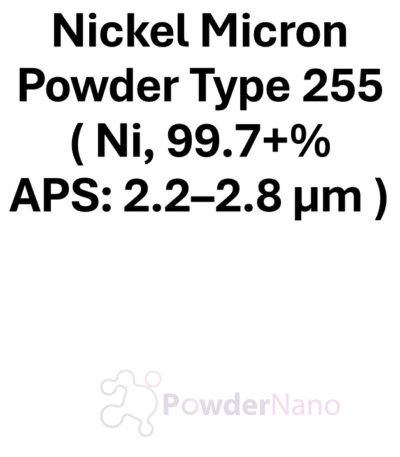Technical Description:
Nickel Micron Powder Type 255 (Ni, 99.7+, APS: 2.2–2.8 µm) is a fine, high-purity nickel powder with a purity level of 99.7% or higher. The powder has an Average Particle Size (APS) of 2.2 to 2.8 micrometers (µm), which falls within the range of ultra-fine powders, providing a balance between fine particle size and processability. This powder is suitable for a range of precision manufacturing applications requiring high purity and specific particle sizes for optimal material properties.
- Chemical Composition:
- Nickel (Ni) content: 99.7+%, meaning the powder is highly pure, with very low levels of impurities. This purity level is essential for applications where nickel’s intrinsic properties—such as electrical conductivity, corrosion resistance, and high-temperature stability—are critical.
- Particle Size:
- The powder has an Average Particle Size (APS) between 2.2 and 2.8 µm, which is classified as fine to medium-sized. This particle size range offers an excellent combination of high surface area and ease of handling, making it suitable for processes that require precision and uniformity.
- Shape:
- The powder particles are typically irregular or slightly spherical, depending on the production process. While irregular particles may have lower flowability compared to spherical powders, the particle size distribution and purity make this powder ideal for specialized processes that demand fine particles.
- Purity:
- With a purity of 99.7+%, this nickel powder is ideal for applications that require high material consistency and performance. The high purity ensures minimal contamination, providing high-quality results in processes like additive manufacturing, coatings, and alloy production.
Applications:
- Powder Metallurgy:
- Nickel powder is widely used in powder metallurgy to produce sintered components that require high strength, durability, and corrosion resistance. The fine 2.2–2.8 µm particle size range allows for dense, uniform components used in applications like automotive parts, aerospace components, precision instruments, and other industrial machinery.
- Additive Manufacturing (3D Printing):
- Spherical nickel powder or fine nickel powder with the 2.2–2.8 µm particle size is commonly used in additive manufacturing processes such as Selective Laser Melting (SLM), Electron Beam Melting (EBM), and Laser Powder Bed Fusion (LPBF). The uniform size and high purity of this powder ensure high-resolution prints with excellent mechanical properties. Applications include the production of high-performance components for aerospace, automotive, and medical devices.
- Magnetic Materials:
- Nickel powder is a crucial material in the production of magnetic alloys. The fine particle size of 2.2–2.8 µm ensures the production of alloys with high magnetic permeability and low coercivity, making it suitable for components like transformers, inductors, and motors used in electrical and magnetic storage devices.
- Catalysis:
- Nickel-based catalysts are used in hydrogenation and petroleum refining processes. The fine nickel powder enhances the surface area, improving the efficiency of these catalytic reactions. This is especially valuable in industries such as chemical manufacturing, oil refining, and sustainable energy, where nickel’s catalytic properties are leveraged to improve reaction rates.
- Battery Manufacturing:
- Nickel is an important element in battery manufacturing, particularly in nickel-metal hydride (NiMH) and nickel-cadmium (NiCd) batteries. The high purity and fine particle size of the powder allow it to be used in the production of high-quality electrodes for batteries, which are commonly used in electric vehicles, power tools, and rechargeable devices.
- Coatings and Plating:
- Nickel powder is frequently used in electroplating and coating applications, where it is deposited onto surfaces to provide corrosion resistance, abrasion resistance, and enhanced durability. The fine powder can be applied to metal substrates in industries such as automotive, electronics, and aerospace, where high-performance coatings are needed to extend the life of critical components.
- Hydrogen Storage:
- Nickel powder plays a role in the development of hydrogen storage systems. Nickel-based materials are used in metal hydride systems, which are capable of absorbing and releasing hydrogen efficiently for use in fuel cells and energy storage applications. This is particularly important in the development of clean energy technologies.
- Electromagnetic Shielding:
- Nickel powder is used in the production of electromagnetic shielding materials. The powder is employed in the creation of shielding components that protect sensitive electronics from electromagnetic interference (EMI) in devices such as cell phones, computers, and medical equipment.
- Precision Instruments:
- The fine nickel powder is used to manufacture precision components for scientific instruments, including calibration devices, pressure sensors, and measurement instruments. The high purity ensures consistent performance, even in highly sensitive applications.
- Alloy Production:
- Nickel powder is a key ingredient in the production of high-performance alloys, especially those used in aerospace and chemical processing applications. Nickel-based alloys are known for their high-temperature strength, corrosion resistance, and oxidation resistance, making them essential in harsh environments.
- Welding and Soldering:
- Nickel powder is used as a filler material in welding and soldering applications, especially when joining nickel-based alloys. It provides strong, durable joints with resistance to high temperatures and corrosion, making it ideal for industrial machinery, aerospace components, and nuclear reactors.
Summary of Benefits:
- High Purity: The 99.7+% purity ensures minimal contamination, making it suitable for critical applications like catalysis, battery production, and high-performance coatings.
- Fine Particle Size (2.2–2.8 µm): The small particle size provides a high surface area, making it ideal for applications that require fine, uniform particles, such as in additive manufacturing, powder metallurgy, and catalysis.
- Spherical Shape: The spherical shape of the powder promotes better flowability, packing density, and handling. This is crucial for processes like additive manufacturing and coating applications.
- Versatility: The powder is used in a wide range of industries, from electronics and energy storage to chemical manufacturing and magnetic materials, making it a highly versatile material for high-performance applications.
In conclusion, Nickel Micron Powder Type 255 (99.7%, 2.2–2.8 µm) offers high purity, fine particle size, and spherical shape, making it suitable for a diverse range of advanced applications in industries like additive manufacturing, powder metallurgy, catalysis, electronics, and battery technology. Its consistent quality and material properties make it ideal for creating high-performance components that require excellent mechanical properties, conductivity, and resistance to environmental factors.
